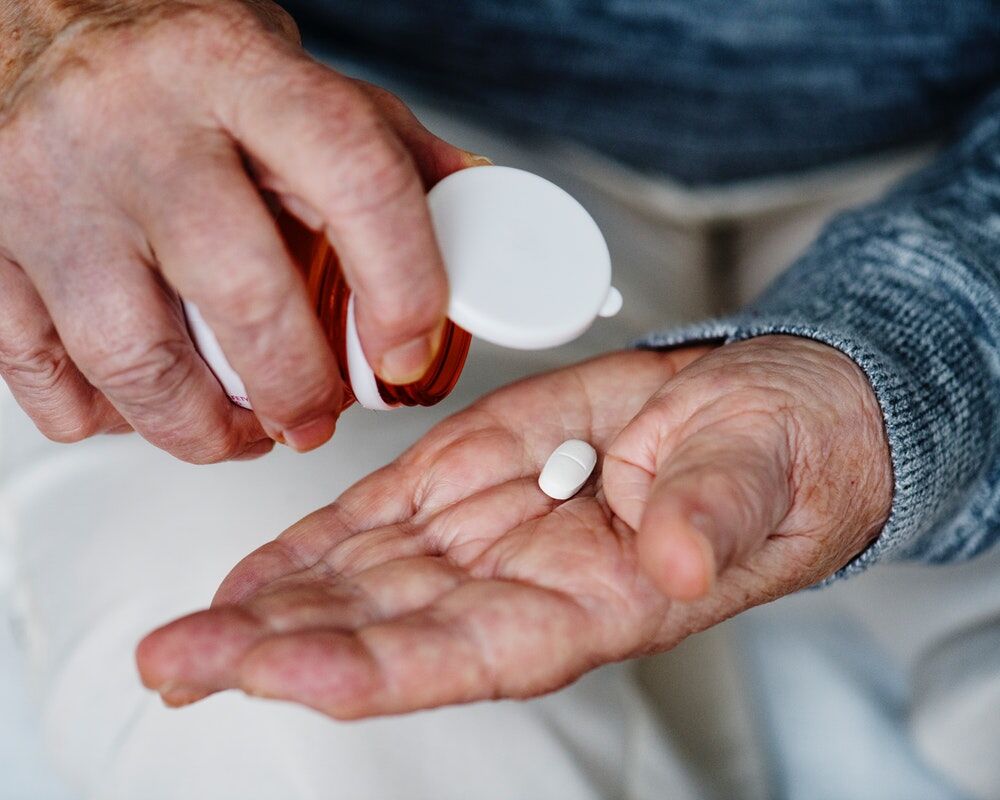
Those who suffer from fatigue, depression, low dopamine, low pain threshold, vitiligo may benefit from an amino acid called Phenylalanine. It may even help those who are for a way to manage weight.
There are three types of Phenylalanine. Those present in food are called L-Phenylalanine, while synthetics are referred to as D-Phenylalanine. A combination of both is known as LD-Phenylalanine. Get to know this amino acid better as you go through the article.
What is Phenylalanine?
Phenylalanine is an amino acid that has specific uses. They serve as neurotransmitters that stimulate certain systems in the body in charge of stimulating the muscles and specific parts of the brain and nervous systems. The lack or insufficiency of dopamine or adrenaline, for example, is connected to the presence of Phenylalanine. The body can actually produce this amino acid, but only minimally hence the type of food that we consume has a role in ensuring that we get enough Phenylalanine.
In short, Phenylalanine are building blocks as they are used to produce salient proteins and other molecules needed to transmit chemical messages. The lack of or excess of this amino acid can affect the body in various ways: deficiency can lead to fatigue or worse cognitive impairment (among other things); too much can hamper the development of some mental faculties or damage the brain.
What are the Benefits of this Amino Acid?
Since we need protein for our body to fully function, we, therefore, need phenylalanine since it helps generate other essential molecules such as Dopamine, Tyrosine, and Epinephrine. These three are vital for the following:
- Dopamine is essential in the development of mental skills, memories, and feelings of happiness.
- Tyrosine which directly comes from Phenylalanine produces other molecules and proteins.
- Epinephrine is a molecule that strengthens the body to cope with stress and other negative factors that can harm the brain, blood, muscles, and other organs.
Boosts dopamine
With the ability to generate and transform into proteins, Phenylalanine can then help individuals with a low level of dopamine. Patients with low level, experience a decrease in adrenaline – an important coping component when the body releases energy in reaction to a sudden spurt of external stimulant. Adrenaline is connected with stamina and strength, too.
May help address vitiligo
People who suffer from loss of pigmentation, blotchiness and skin discoloration can also benefit from using phenylalanine. This can be used in two different – orally or topically and then combining it with UV light exposure to treat this skin malady. This skin disorder is called vitiligo. Reports say that skin pigmentation improved to those who tried this type of medication.
Aids in managing depression and anxiety
Those who suffer from anxiety or even depression may also benefit from taking Phenylalanine as studies indicate the insufficiency of tyrosine and dopamine with individuals who go through depression. While tests continue to determine the effectivity, some evidence reveals positive results of stimulating the level of neurotransmitters like dopamine by putting patients under phenylalanine supplementation or medication.
Helps curb appetite
Another not so well known benefit of boosting Phenylalanine is its ability to curb cravings or suppressing appetite – useful for obese people or individuals with weight management issues. Cholecystokinin – an intestinal hormone plays a crucial part in this as once Phenylalanine enters the body or stomach, it suppresses the craving for food by triggering the release of Cholecystokinin. Cholecystokinin transmits chemical messages to the brain to slow down eating or gives a feeling of fullness.
Other benefits that one can take by taking supplements or consuming food rich in this amino acid include relief from pain like back pressure, osteoarthritis, and rheumatoid arthritis.
Are There Risks or Side Effects?
Although this amino acid has so many powerful benefits, there are risks that one should be mindful of. Thus, it is always advisable to seek a doctor’s advise if taking it in supplement form is needed, or for the amount of the dosage if intense medication is needed.
Some side effects include high blood pressure and heightened anxiety. While others suggest that this building block helps patients with Parkinson’s disease, reports suggest that it slows down the effect of the drug called Levodopa when phenylalanine supplements were taken by patients.
Those with a rare genetic illness called Phenylketonuria should not take any supplements or product that contain derivatives from Phenylalanine such as aspartame – a type of sweetener present in low-calorie food and drinks. PKU is a disorder wherein the individual or body has no ability to process this amino acid, hence too much in the body can cause seizures or even brain damage. They are also placed in special diets to protect them from foods packed with phenylalanine.
The Takeaway
Despite the plethora of alternative forms of medication and treatments, we oftentimes resort to pill-popping to solve our daily physical and mental woes to keep us going. While these medicines are in fact very useful and can really alleviate our pain, we tend to forget that there are slightly easier ways that can help manage our suffering.
Even for the most complex situations like skin ailments that affect us emotionally, or even emotional stresses such as depression, anxiety that impacts our daily performance, there are some natural solutions that we can rely on if we only allow ourselves to take seriously the things that we consume and incorporate nutritional food in our diet. As pointed out in this article, we can boost phenylalanine intake to help address some of the aforementioned issues.
When it comes to food, phenylalanine can be sourced from both plants and meat products from chicken, beef, fish, and pork. You won’t also have difficulty sourcing it since it is also available in vegan favorite avocado, eggs, bananas, corn, nuts, seeds like pumpkin and squash and soybeans.
However, those who need more, supplements are available as long approved or recommended by the physician.